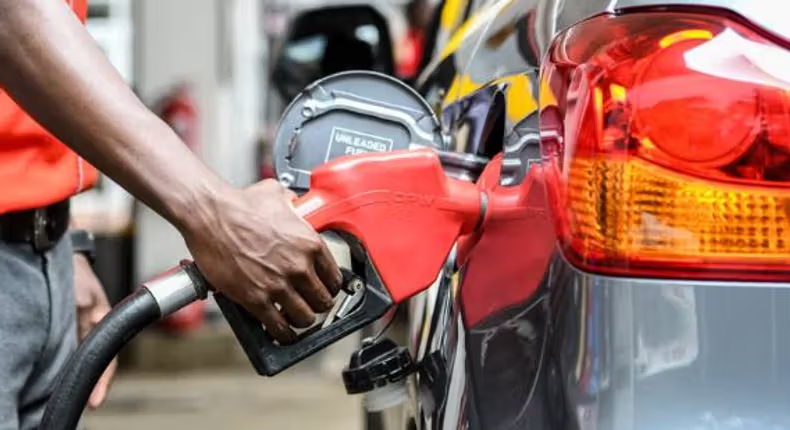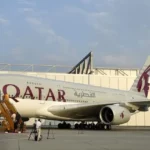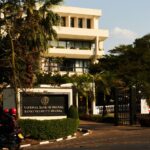Central African Republic has been rated number on the list of the top 10 countries with the highest fuel price in Africa. The list was released by Globalpetrolprices.com and presents a gloomy picture of the rising cost of living on the continent.
The list is coming on the back of rising crude oil prices across the world and the inability of oil producing countries in Africa to meet local fuel demand.
In addition, the list is an indication of how African countries are susceptible to unstable global prices. This is because many of these countries are net importers of fuel as they do not have the capacity to refine their crude back home.
The rising cost of fuel adds to the harsh economic reality of the continent and how citizens struggle to survive daily.
- Advertisement -
The cost of transportation has gone up as a result of this rising fuel prices. Also, manufacturing, logistics and agricultural sectors are groaning under huge cost of production. This has created a ripple effect with soaring inflation, insufficient wages and skyrocketing cost of living.
The current economic reality and the challenges faced by companies lends credence to how important the price of fuel is in Africa.
On the list, Central Africa Republic ranks number one with $1.832 per litre. Senegal comes second with $1.649 while Zimbabwe is third with $1.590. Also on the list is Seychelles with $1.551, Morocco makes 5th position with a price of $1.493 while Uganda are ranked 6th with $1.464.
Furthermore, Malawi is ranked number 7 with $1.459, Ivory Coast is number 8 with $1.457 and Kenya comes 9th with $1.453. On number 10 is Sierra Leone with a fuel price of $1.448 per litre.
Surprisingly, Nigeria is not on the list of the top 10 countries with the highest price of fuel in Africa. While the price if fuel in Nigeria is not as high as other African countries, the country reels from several issues in its oil and gas sector.
- Advertisement -
First, there is the controversy around the smooth takeoff of Dangote Refinery amid allegations of sabotage. Also, there is the issue of corruption within the NNPC, unresolved subsidy regime, supply challenges and lingering scarcity of fuel.
In addition, there is the controversy around failure of Port Harcourt refinery to take off as scheduled. All of these have combined to compound the woes of the citizens of the country. As a result, they continue to struggle with high cost of transportation and soaring food inflation.
Many are optimistic that the Dangote refinery has the potential to meet local demands and reduce over dependence on fuel importation. The recent decision to sell crude to Dangote in naira has also created some level of hope for many Nigerians. With this, the country hopes to reduce pressure on the dollar and build a stable exchange rate.










